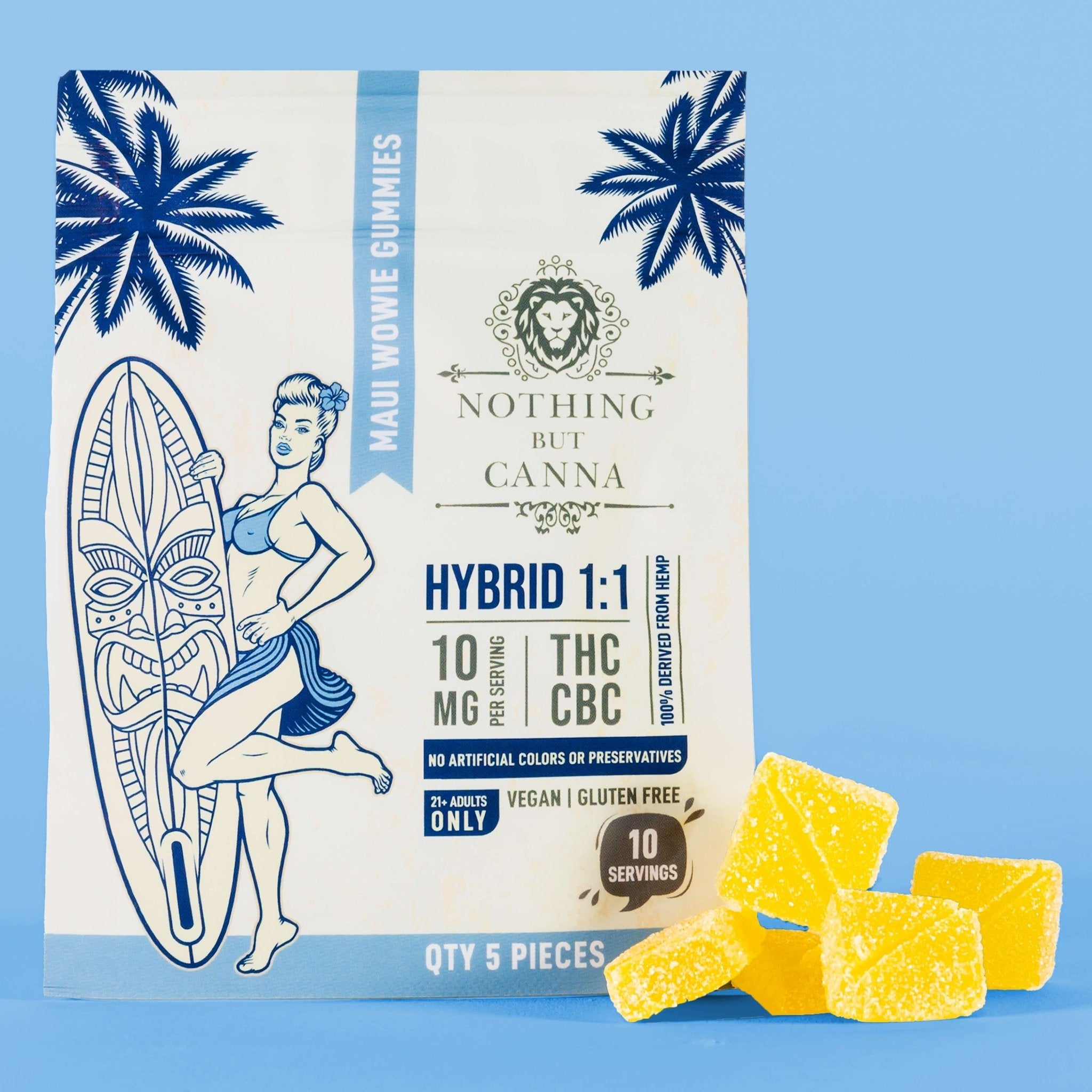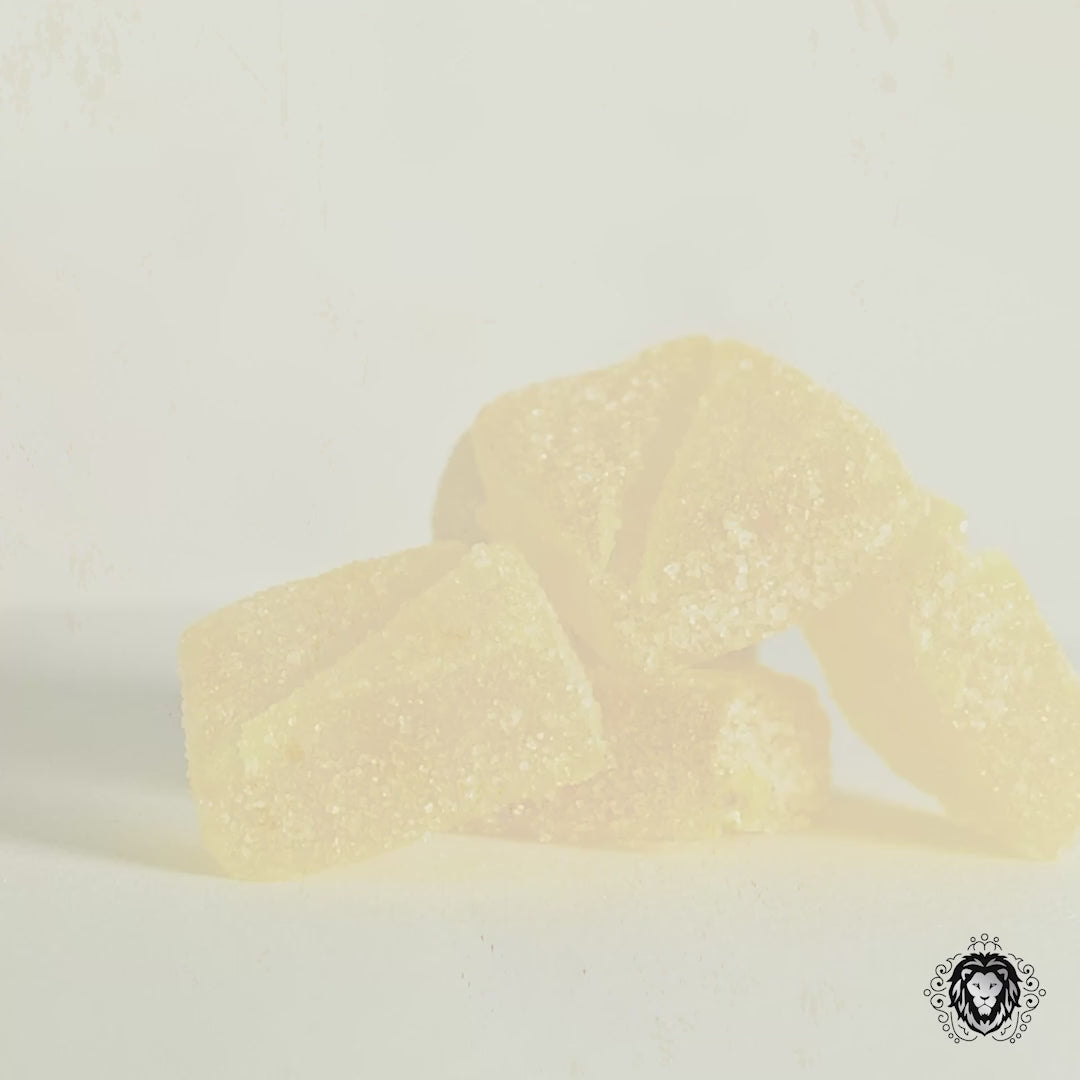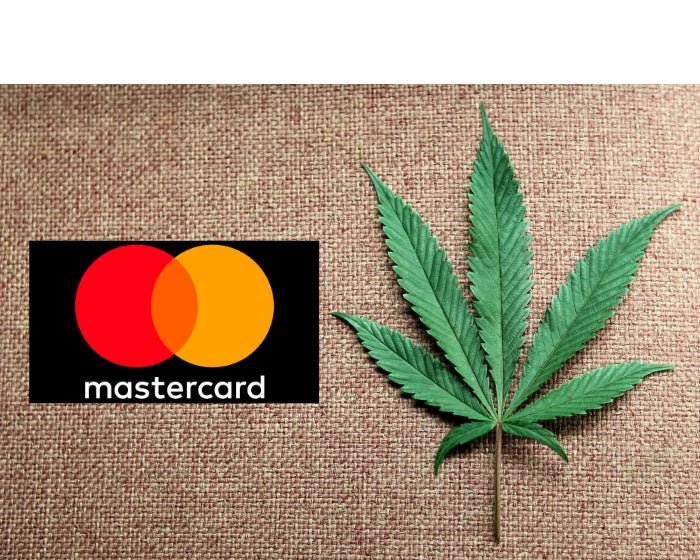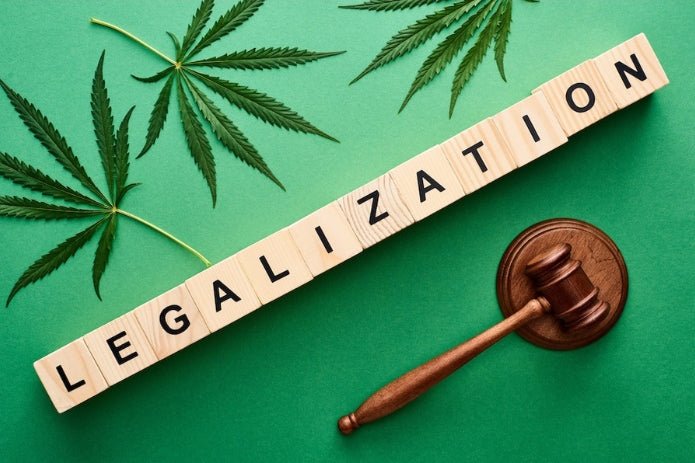The lawsuit accuses the governor and state officials of effectively creating a virtual monopoly for licensed marijuana operators and potentially eliminating the CBD industry in Maryland.

The well-intentioned yet somewhat misguided war against CBD and other hemp-derived products continues to wreak devastation on an industry still struggling to gain a solid economic foothold since the passage of the 2018 Farm Bill legalized hemp cultivation and production in the United States again.
Maryland is the latest battleground state where government officials and hemp industry stakeholders are squaring off over restricting the sale of hemp-derived product offerings, most notably CBD. As first reported by the Baltimore Sun, a group of Maryland hemp companies recently filed a lawsuit against the governor and state agencies over a new law that severely limits the market for hemp-based products.
In its lawsuit against Gov. Wes Moore, the Maryland Cannabis Administration, and the Alcohol, Tobacco, and Cannabis Commission, the Maryland Hemp Coalition asserts that the state has created a monopoly for licensed cannabis companies by enforcing cap limits on THC concentrates in items containing CBD as well as severely restricting licensing.
Under the new law that went into effect this month, CBD-based products such as gummies, topicals, and extracts containing more than 2.5 milligrams of THC per package are now illegal to sell in Maryland without a retail cannabis license.
In addition, the statute also explicitly prohibits items containing the controversial hemp-derived cannabinoid delta-8 THC. According to the details of the lawsuit, the new limits will effectively eliminate a majority of products on the market.
The new law allows for the sale of these items for licensed retailers; however, in their lawsuit, the Coalition contends that hemp operators face prohibitive restrictions in obtaining a license and are therefore facing a no-win situation.
“Basically, almost all of the (CBD) products that are presently being sold would fall under the new statute and would require a license to be sold,” Nevin Young, an attorney representing the hemp industry, told The Baltimore Banner.
"Basically, almost all of the (CBD) products that are presently being sold would fall under the new statute and would require a license to be sold."
- Attorney Nevin Young Representing the Hemp Industry
Critics like Young point out that the current licensing process is too burdensome for many hemp operators to secure a license. Under state requirements, applicants must have at least 65% ownership and control held by at least one person, who must also meet other strict requirements.
In their lawsuit, the plaintiffs allege that by creating specific categories of persons eligible to submit applications for the first round of licenses, obtaining a retail operator license violates Maryland’s anti-monopoly laws and the state’s Equal Protection Act.
Young says, “My clients, who have been lawfully selling these products for years, are suddenly in a position where they are being told they can’t sell their products without a license, and yet the obstacles to getting a license are nearly insurmountable.”
"My clients, who have been lawfully selling these products for years, are suddenly in a position where they are being told they can’t sell their products without a license, and yet the obstacles to getting a license are nearly insurmountable.”
- Attorney Nevin Young Representing the Hemp Industry
The economic impact of the new law could be truly devastating. According to hemp industry estimates, more than $560 million in CBD sales will be lost, and as many as 4,200 jobs could be in jeopardy as 370 businesses could close and an additional 60 could move out of state.
Maryland joins a growing list of states, including Virginia, New York, and Tennessee, implementing laws severely limiting the amount of THC in hemp-derived products or requiring specific business licenses to sell such items. Officials in those states contend that their legislative efforts are for protecting consumers, especially kids and teens, from unregulated and potentially dangerous products.
Yet, in their zeal to enforce tough and meaningful restrictions against a handful of bad actors, many lawmakers may be causing irreparable harm to the burgeoning hemp industries in their states. Some terrible incidences concerning certain unregulated hemp-derived products like synthetic delta-8 THC and others have occurred. And no one is arguing against common sense responses to those outlying events.
However, “sledgehammer-esque” responses such as the new law under contention in Maryland seem shortsighted and, to more cynical eyes, like an attempt to create unfair market advantages for larger and more powerful multi-state operators.
There are sure to be many interested observers anxiously awaiting the outcome of the Maryland case, which could have a powerful ripple effect on other states’ decisions to take action against hemp-derived products. Hopefully, a balance can be achieved, creating a safe consumer environment while preserving the economic survival of a promising and potentially transformative hemp industry.







































